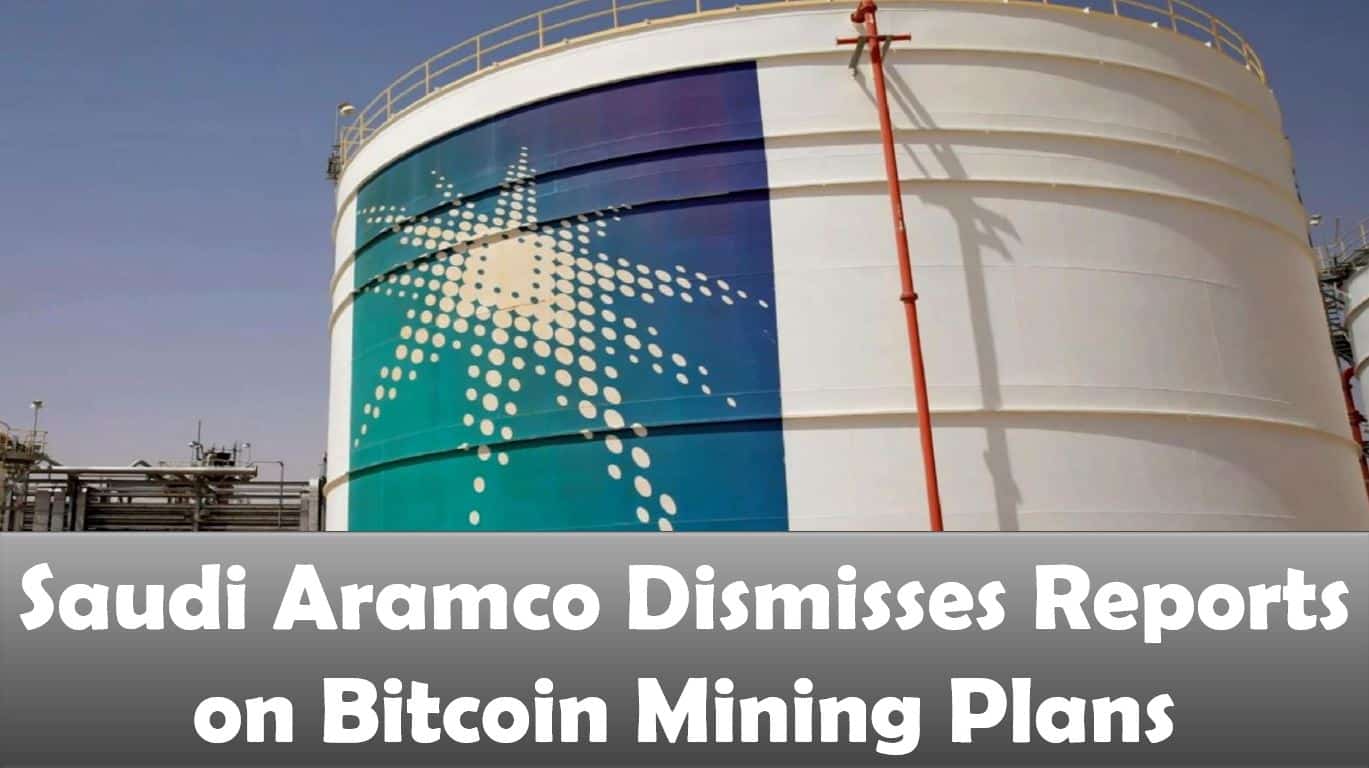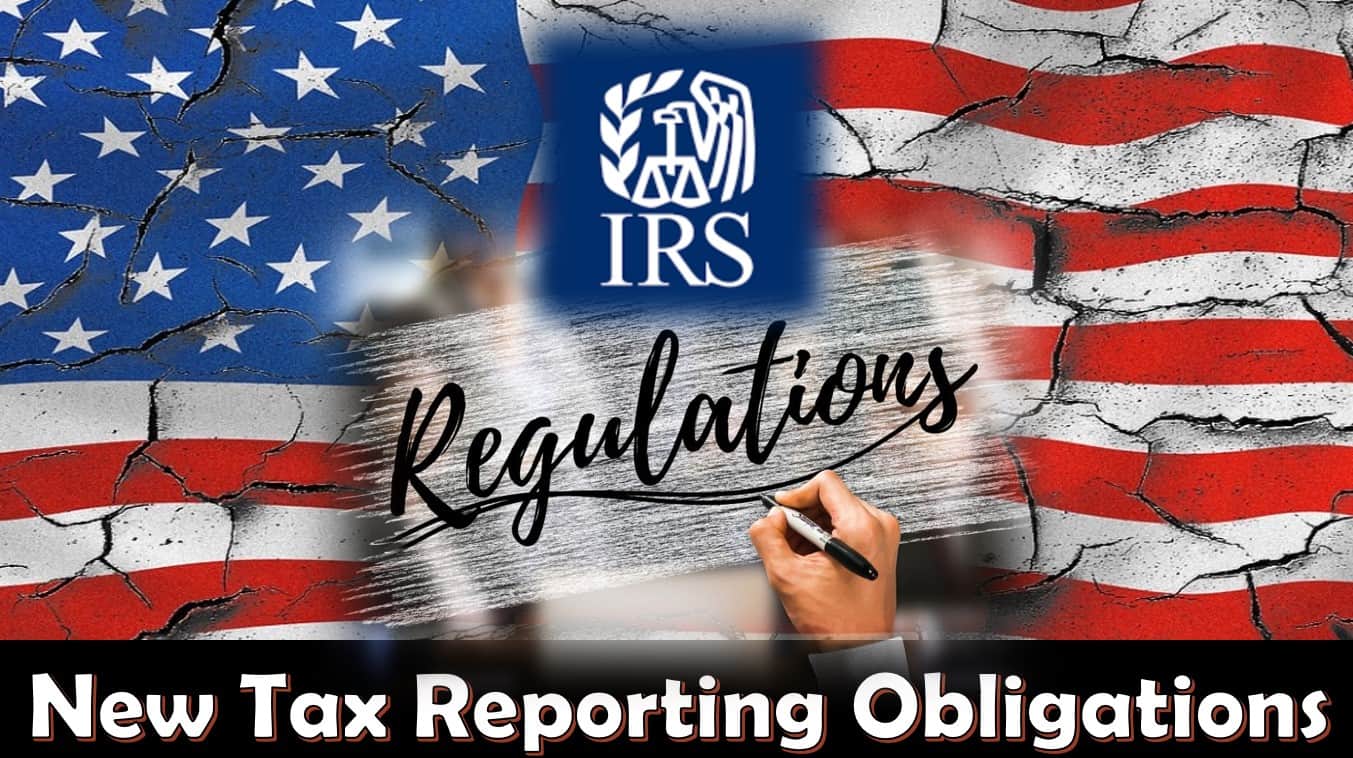
Saudi Aramco Dismisses Reports on Bitcoin Mining Plans
Last updated on December 4th, 2022 at 10:39 pm
Saudi Aramco has denied claims of being involved in bitcoin mining activities. The oil-exporting company has been actively involved in blockchain projects, fueling rumors that it could be partaking in bitcoin mining.
In a recent statement, Saudi Aramco said;
“With reference to recent reports claiming that the company will embark on Bitcoin mining activities, Aramco confirms that these claims are completely false and inaccurate.”
Saudi Arabian Oil Company (Saudi Aramco) has shown great interest in the crypto market.
In 2020, the firm invested $5 Million in Vakt, an oil trading company based on blockchain. Because of this move, the company was rumored to be involving itself in bitcoin mining. However, the firm’s interest in Vakt was to digitize and improve post-trade processing.
Vakt is not the only blockchain firm that Saudi Aramco has invested in.
The firm’s investment history shows a wide range of blockchain firms that the firm has partnered with. One of these firms is Data Gumbo Corp, where Saudi Aramco partnered in a $6 Million deal to create a commercial blockchain network.
UAE Embracing Crypto
Bitcoin mining has been a heated debate in recent months, with the majority of the arguments revolving around the high-energy consumption of bitcoin mining. China is one of the countries that unleashed the greatest crackdown on bitcoin mining, with major mining firms closing their hubs in the country and moving overseas.
Last month, IBC Group, one of the major mining firms affected by the mining crackdown in China, stated that it would be moving overseas, with the UAE being one of the overseas mining hubs that the firm was exploring. The UAE region has already positioned itself as a business and investment hub and crypto will boost its economic prowess.
Other Middle Eastern countries have also been testing the innovations surround cryptocurrencies and blockchain technology. The Central Bank of Bahrain recently approved the licensing of an in-house cryptocurrency exchange.
The exchange will be allowed to operate legally within the middle-eastern country. The in-house exchange will also be used as a test to see whether the country is ready to adopt cryptocurrencies.
In July, the Central Bank of UAE also revealed a three-year strategic plan that will lead to the launch of an in-house digital currency. The roadmap for developing this digital currency will take place between 2023 and 2026.
One of the steps highlighted in the roadmap is that the UAE will incorporate a digital identity system. This system will help in boosting financial inclusion and ensure everyone has easy access to financial services.
While also giving this announcement, the Central Bank of the UAE (CBUAE) added that its mission was to become one of the top 10 central banks worldwide.
Launching a Central Bank Digital Currency, CBDC, could be one of the ways the UAE aims to achieve this. According to a publication by Gulf News, transforming the UAE economy through an in-house digital currency will heavily depend upon big data solutions and artificial intelligence.
Disclaimer
The information provided here is for INFORMATIONAL & EDUCATIONAL PURPOSES ONLY!
View our complete disclaimer on our Disclaimer Page







